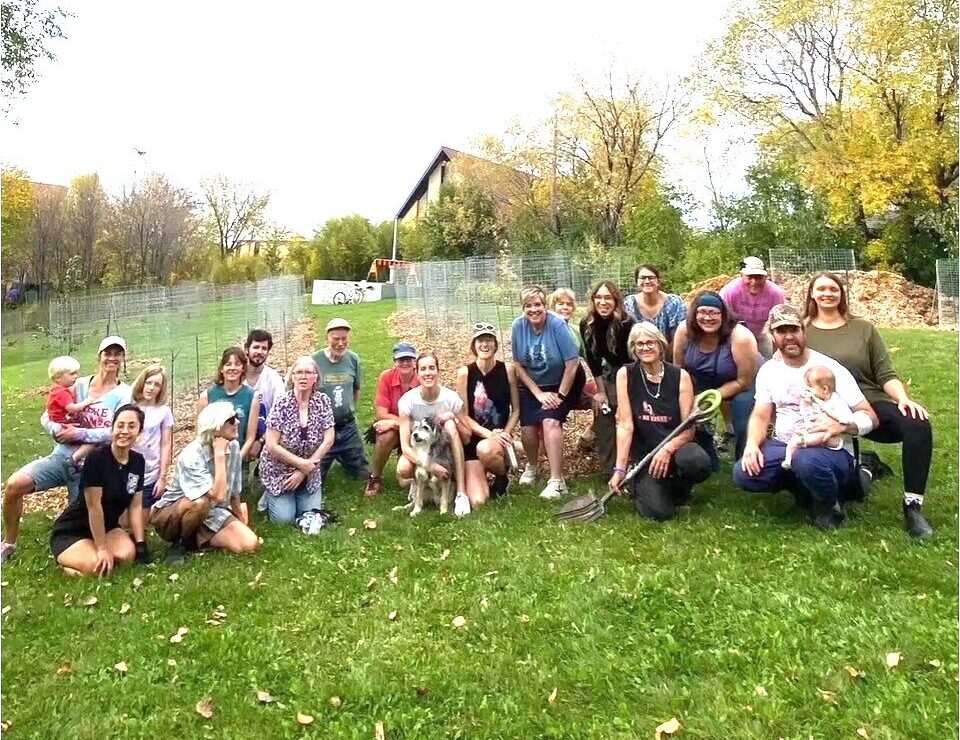Local Journalism Initiative Reporter
On Sept. 26th, Winnipeg Central MP Leah Gazan tabled a bill in the house of commons seeking to combat residential schools denialism.
Bill C-413, if passed, would amend the criminal code of Canada by adding “the offence of wilfully promoting hatred against indigenous peoples by condoning, denying, justifying or downplaying the harm caused by the residential school system in Canada.”
“It’s important to point out that I am not talking about discussions at kitchen tables,” Gazan says. “I am talking about mass misrepresentation of historical facts, including historical facts that have been unanimously recognized in the house.”
The bill follows in the wake of revived national discussion of the conditions within residential schools after the 2021 discovery of over 200 unmarked graves in Kamloops, B.C. Since the Kamloops discovery, several other unmarked graves have been found around the country.
According to the Indian Residential Schools Settlement Agreement, between 1880 and 1998, more than 150,000 Indigenous children were removed from their families and sent to residential schools, where they were often subject to abuse, overcrowding and malnutrition. The Truth and Reconciliation Commission stated that residential schools were a genocidal project intended to eliminate the language and culture of Indigenous people.
“We’ve seen, since the discovery of the unmarked graves, a rise in residential schools denialism,” Gazan says.
In 2023, author and former advisor to the Harper government, Tom Flanagan released Grave Error: How The Media Misled Us (and the Truth about Residential Schools). The book argues that many of the claims regarding the abuses of residential schools are either “totally false or grossly exaggerated”.
Flanagan has repeatedly challenged Indigenous land claims and treaty rights.
“Survivor communities and families have a right to protection from hate,” Gazan says.
Gazan as a representative for Winnipeg, the city with the highest urban Indigenous population in Canada, is intimately connected with individuals who experienced residential schools.
“It impacts a lot of folks in our riding. A lot of folks in our riding are struggling as a direct result from the violence and genocide they have experienced in residential schools,” Gazan says. “Many of these folk are my neighbours, my relatives, my family, and they have a right to be safe.”
Just one month after Bill C-413’s tabling, the Independent Special Interlocutor for Missing Children and Unmarked Graves and Burial Sites completed her final report. The report calls for the Canadian government to honour legal obligations, decolonization of Canadian law, the rematriation of lands, repatriation of children and support for Indigenous-led healing.
In a press release on the report, Southern Chiefs of Manitoba commended Gazan for her work on the bill stating, “Denialism is a tool used to hide truth and it must be seen for what it is – hate speech.”
Bill C-413 is not without precedence. In 2022, Bill C-19 gained royal assent amending the criminal code to make Holocaust denialism as a form of hate speech. Previously, Holocaust denialism was protected under freedom of expression.
As of 2024, no prosecution has been made in regards to Holocaust denial.
“If [denialism] is not dealt with, we are going to backstep on all the progress we have made,” Gazan says. “If you can’t protect the truth of this country and this history, it will make it difficult or impossible to reconcile.”
Bill C-413 is currently in its first reading in the House of Commons.
“I did this out of a call from survivors to put forward a bill. This is their bill. I am using my platform to lift up the voices of survivors and in that way it’s been very positive,” Gazan says.

